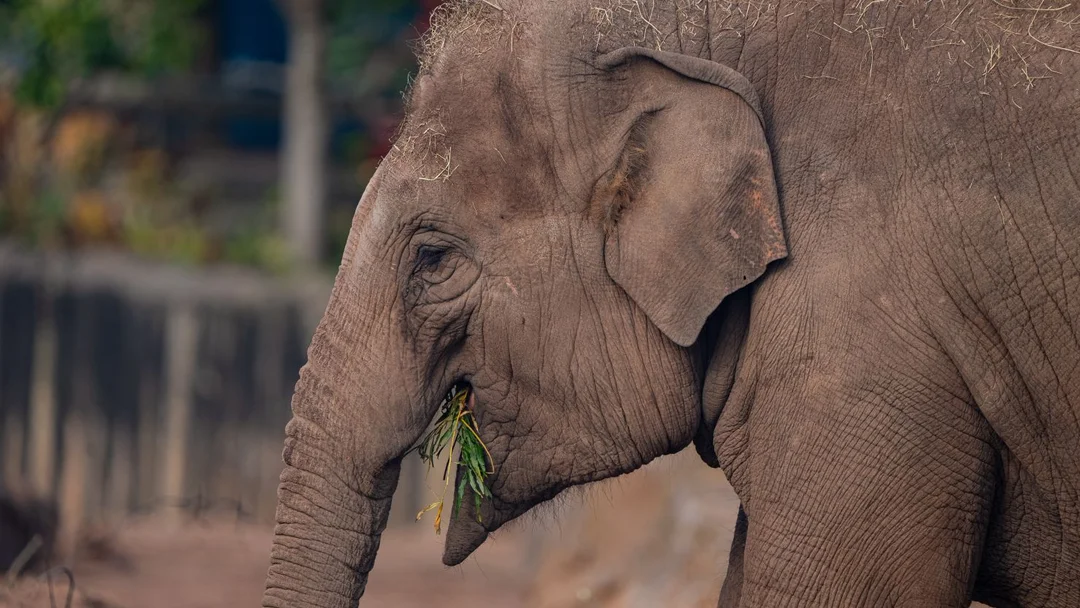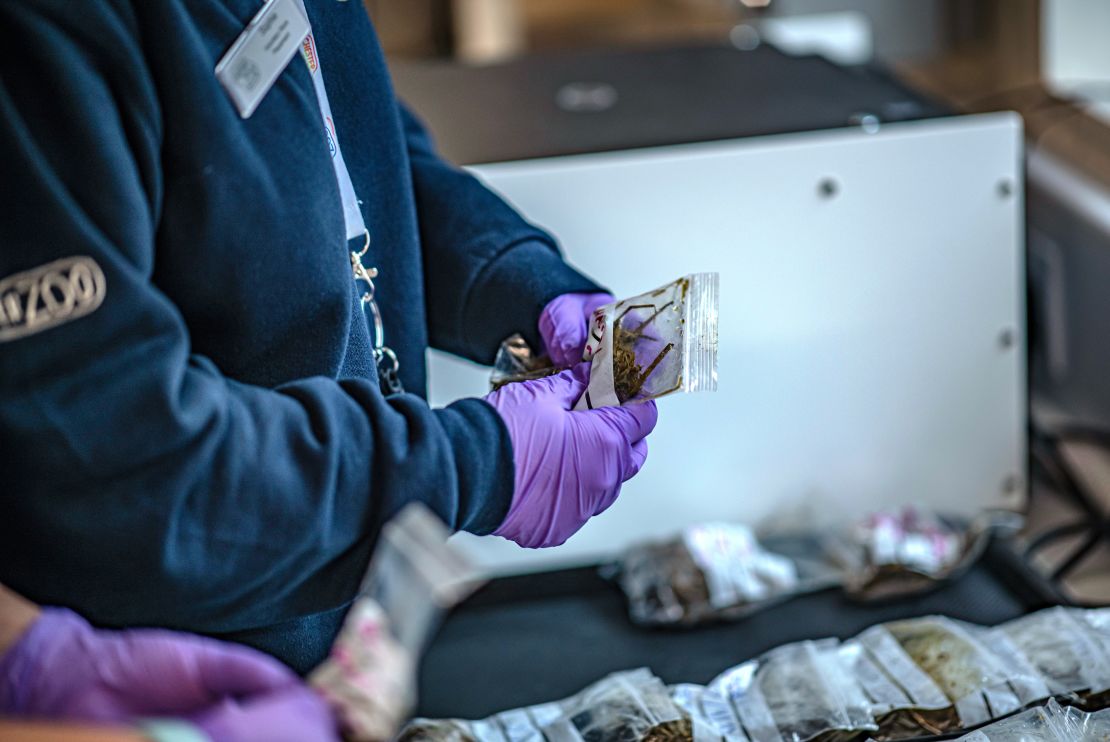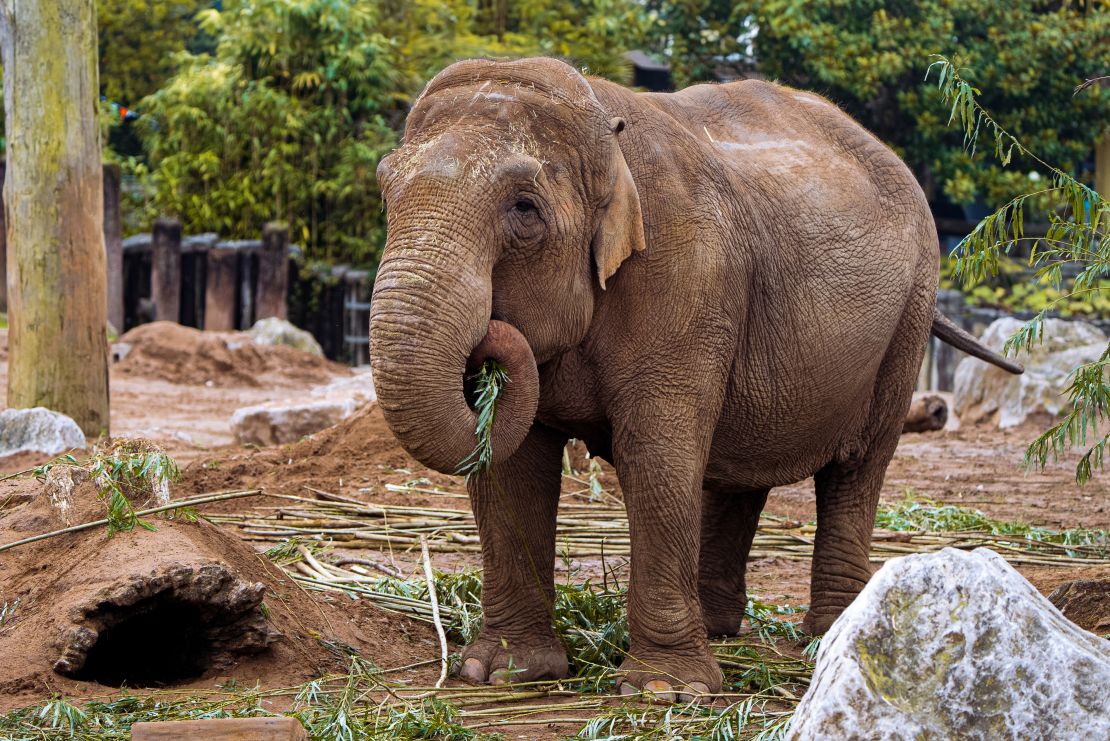
The Innovative Poo Zoo: A Game Changer in Wildlife Conservation
In an era where biodiversity is rapidly declining, a groundbreaking initiative named the "Poo Zoo" is paving the way towards preserving endangered species through a rather unconventional method: analyzing animal dung. This innovative approach not only promises to enhance our understanding of wildlife but also presents a non-invasive avenue for collecting vital genetic data.
Founded by Professor Suzannah Williams at Oxford University, the Poo Zoo aims to extract living cells from feces, a task that traditional methods of capturing and biopsying wild animals have made unnecessarily complex and stressful for the creatures involved. As Williams states, "Typically, wild animals would need to be caught and anesthetized to take a tissue sample, which is time-consuming and intrusive." Instead, the Poo Zoo offers a solution that emphasizes conservationists' need for data while respecting the welfare of wildlife.

The process hinges on the discovery that animal feces contain living cells shed from their intestines. These cells carry DNA that can reveal essential insights into species diversity and population health, making it a valuable tool for conservation efforts. Williams underscores this point by explaining the challenges faced by conservationists: "We are losing biodiversity at an alarming rate, and species will not survive unless they are genetically diverse."
After initial success with mouse dung, the Poo Zoo's aspirations have grown to include the much larger task of analyzing elephant feces. Williams humorously notes the difficulty: "With an elephant, you’ve got an enormous bolus that you’re basically holding with two hands." However, the team, including biobanking researcher Dr. Rhiannon Bolton, has been succeeding in isolating living cells from this larger source with refining techniques that are both efficient and cost-effective.

Though the results have shown promise, experts remain cautiously optimistic about the long-term viability of this technique, especially for applications in biobanking. Dr. Thomas Hildebrandt noted the inherent challenges stemming from the need to keep samples clean as fecal matter can carry varying levels of contamination. Yet he is hopeful, stating, "Science can provide new solutions, and sometimes the solution is not so obvious."
As the Poo Zoo continues to explore diverse animal species for its research, it represents a significant shift in how conservation efforts may unfold. This pioneering work brings to light a crucial question: How can we enhance our methods for data collection in wildlife conservation without compromising the animals' wellbeing? Readers are encouraged to engage with their thoughts on this innovative approach—could the Poo Zoo hold the key to sustainable conservation practices in the 21st century?